Making Questioning a Top Priority
Kimberly Page Adams, a KL educator at SMS Haimen in Jiangsu, came to China both to experience the country and to help prepare her students for life and work at US colleges and universities.
A big fan of Chinese culture, Kim wholeheartedly joins her students’ activities, especially when they include taking selfies in traditional Chinese costume! Known in the classroom as Miss Kim, she has developed a reputation for being both strict yet fair. According to Kim, while her students excel in creativity, they often come to her lacking critical thinking skills, and rarely questioning what they are taught. Encouraging her students to ask questions is her top priority. We sat down with Kim to learn more about her methods for teaching.
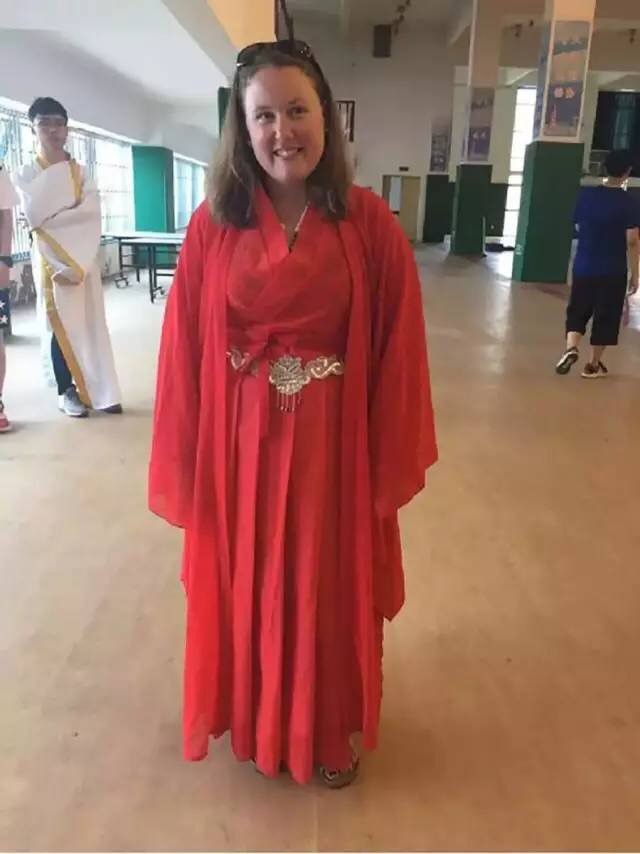
We are so glad to speak with you – welcome to China! Can you tell us about your previous teaching experiences? Why did you decide to come to China to continue your education career? I was a science teacher in Columbus Career & College Academy for 6 years, including chemistry, physics, science, biology, geoscience, and other subjects. During this time, I was an assistant coach for Science Olympics. I chose to continue my education career in China because I wanted to fully experience a culture different than my own. After researching KL School campuses, I picked SMS in Haimen city, Jiangsu Province. A small coastal city with mountains, Haimen is a place where I can focus on education while also experiencing Chinese culture and people.
I heard that you have developed a reputation for being a strict teacher; that your students love you but are also a bit afraid of you. Can you tell us how you strike that balance between being strict and being soft? I would say that I am strict only when it relates to studies. In my class, my students need to understand what I teach, not just remember it. They need to understand the process of science, not just the results. I encourage my students to be independent thinkers; when they have questions, I encourage them to be patient and think first, and I guide them to figuring out the problem on their own. However, after class, I love to speak with my students, joke with them, comfort them when they are sad, and give them ideas and advice when they have problems. For these reasons, students enjoy talking with me, and it gives me a wonderful opportunity to get to know them better.
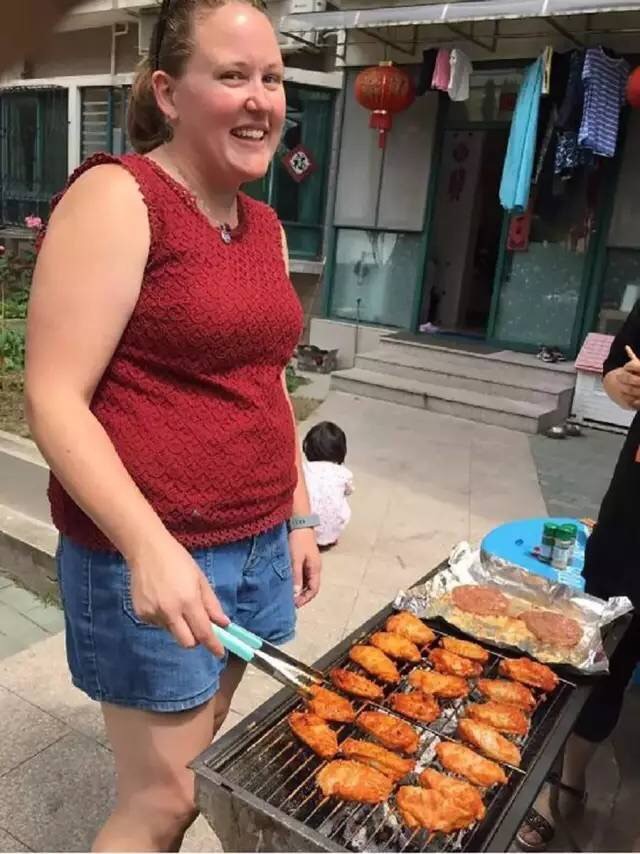
You treat every student equally, no matter their level or personality. What are the advantages of this? Fairness is crucial. As a teacher, I introduce the concept of fairness early on to my students so that they understand the importance of treating others fairly. This is how education works to create a fair society. Also, I want my students to focus on learning, to study because they love science, not because they want to get good grades or be rewarded by their teachers and parents. In my class, they are studying for themselves, not for an exam.
According to your students, you encourage them to think deeply by always asking “Why” or “How do you know”. Can you explain with examples how you develop critical thinking skills? Through my observation, I have noticed that compared to American students, Chinese students lack critical thinking skills. Because of this, I hold off on explaining too much detail in the first few classes. Instead, I ask my students questions like “why” and “how do you know”, and I let them answer, not worrying if they are right or wrong. It is my way of encouraging them to think freely. Through their responses, I continue to ask them questions, and I help them to explore deeper. After class, for students who need extra help, I invite them to express their problems instead of simply telling me their problems directly. I then encourage them to find the answers themselves. While there might be a variety of solutions for any given problem, I try to find the most suitable one for each student. This is the role of a teacher.
What suggestions do you have for those students who will continue their studies in an American university? Chinese students are very smart; they are quite good at math, physics and chemistry. However, they don’t always enjoy thinking deeply about subjects. As I mentioned, they need to develop the critical thinking skills that will help them become independent thinkers. I want to give them the study methods, not only the knowledge itself. Haimen is not a big city; these students will need more time to adapt to the US culture, and a new environment. Since English is not their mother language, they may encounter some language barriers while trying to fit in, but I have faith in them!
For your students, what academic skills do you most hope to see while you are teaching? Chinese education departments are aware of the fact that Chinese students lack critical thinking skills, but because of fierce competition and intense pressure, most students forget to think, they simply focus on memorization. It is my hope that my students can think more and truly enjoy studying. I would like them to keep asking themselves “why?”, just as I do in class, and to realize that there can be more than one answer to a question. In this way, they can learn much more than what I’ve taught.
What is your favorite part of teaching in Haimen? My students in Haimen are very warm-hearted. Whenever I need help, they have advice for me. For example, when I went back to America for summer vacation, my students brought me to many traditional and special gift stores to select gifts for my family, and they shared interesting stories behind these gifts. They are not only my Chinese culture teachers, they have also taught me Chinese, a totally new language. They are amazing, and we have a lot to learn from each other.
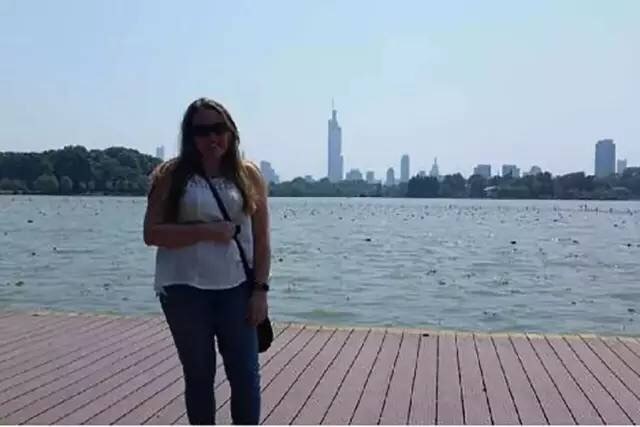
Tell us about your favorite experience between you and your students? Without a doubt, it was building a roller coaster together in Physics class! The students truly cooperated together as teams, and brought such creative thinking. The objective was to put their book work to reality, so I gave each team pipe insulation and told them to build a rollercoaster that they would want to ride. This allowed them to design, build, fail, and try again over the course of a few days. By creating the design before they started their actual build, they could later reflect on what went wrong and why, as well as how to fix it. The students loved the activity and I feel they learned so much about the engineering side of physics and how it applies to the real world. I loved the creativity and thinking I witnessed, and I was so proud of their collaborative spirit.
How have KL staff helped you adjust to life in China? KL staff are very nice and friendly. When I first came to China, they helped me to adjust to my new life here, with advice on transportation in Haimen, how to buy different kinds of food, where the best restaurants were located, and tips on travelling alone in China. Everyone I have met here has been wonderful.
Want to join our inspiring community of educators teaching on our global campuses? Check out our KL career opportunities today!



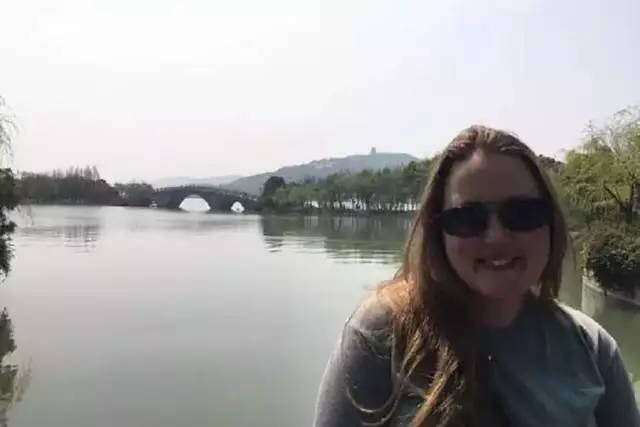
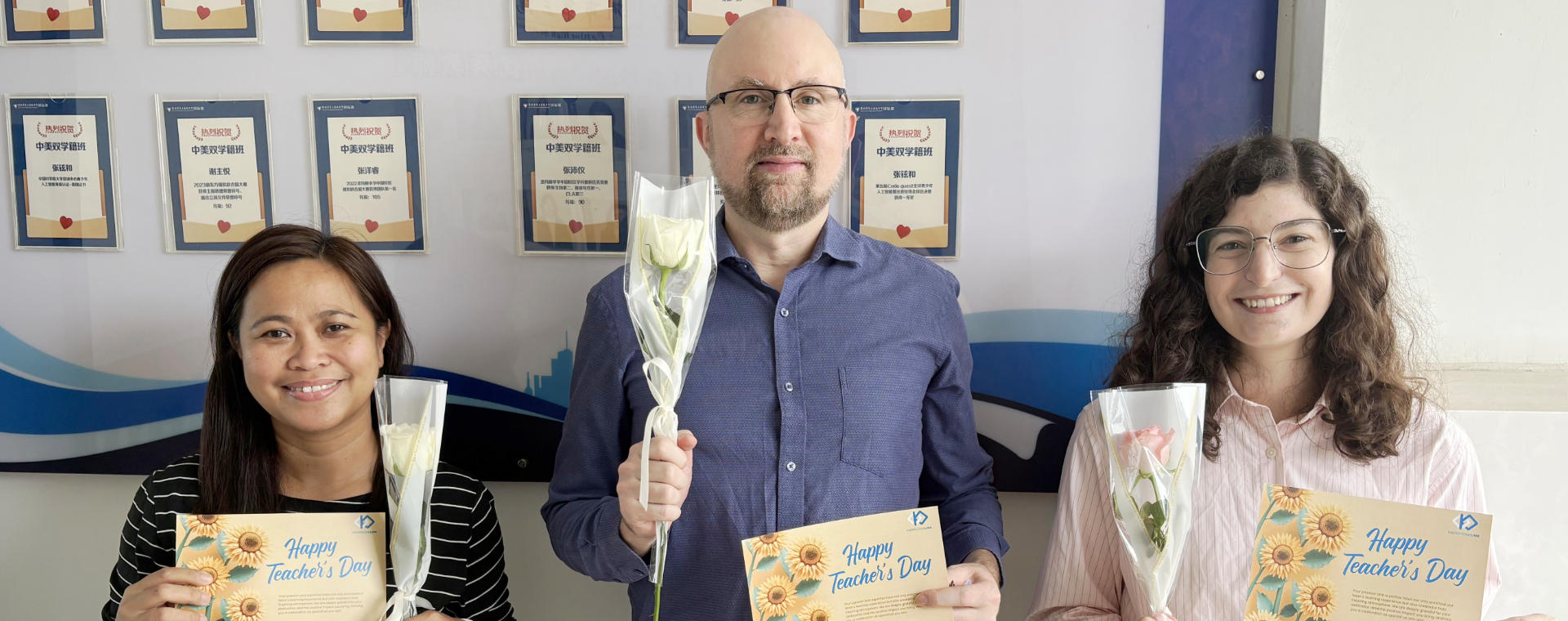
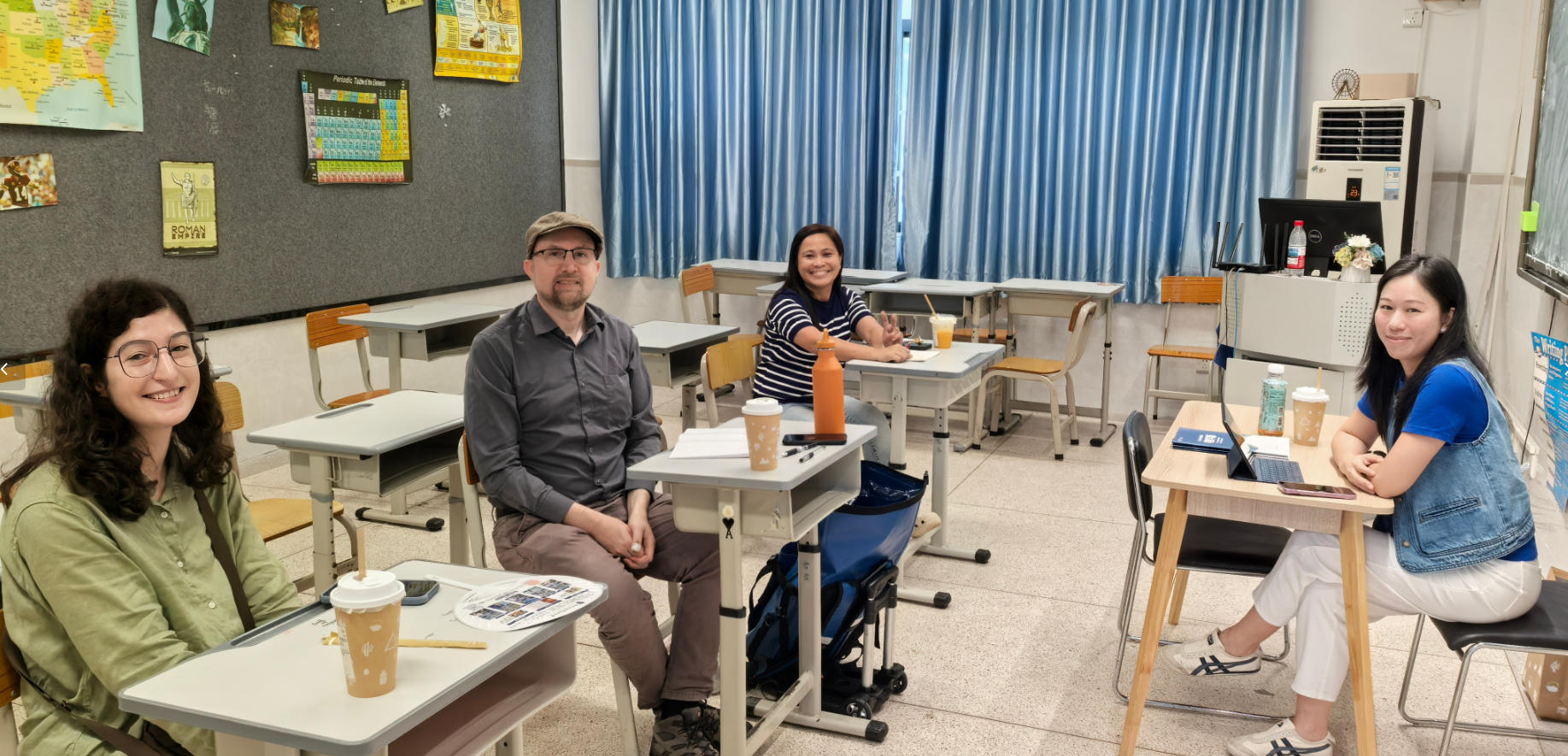
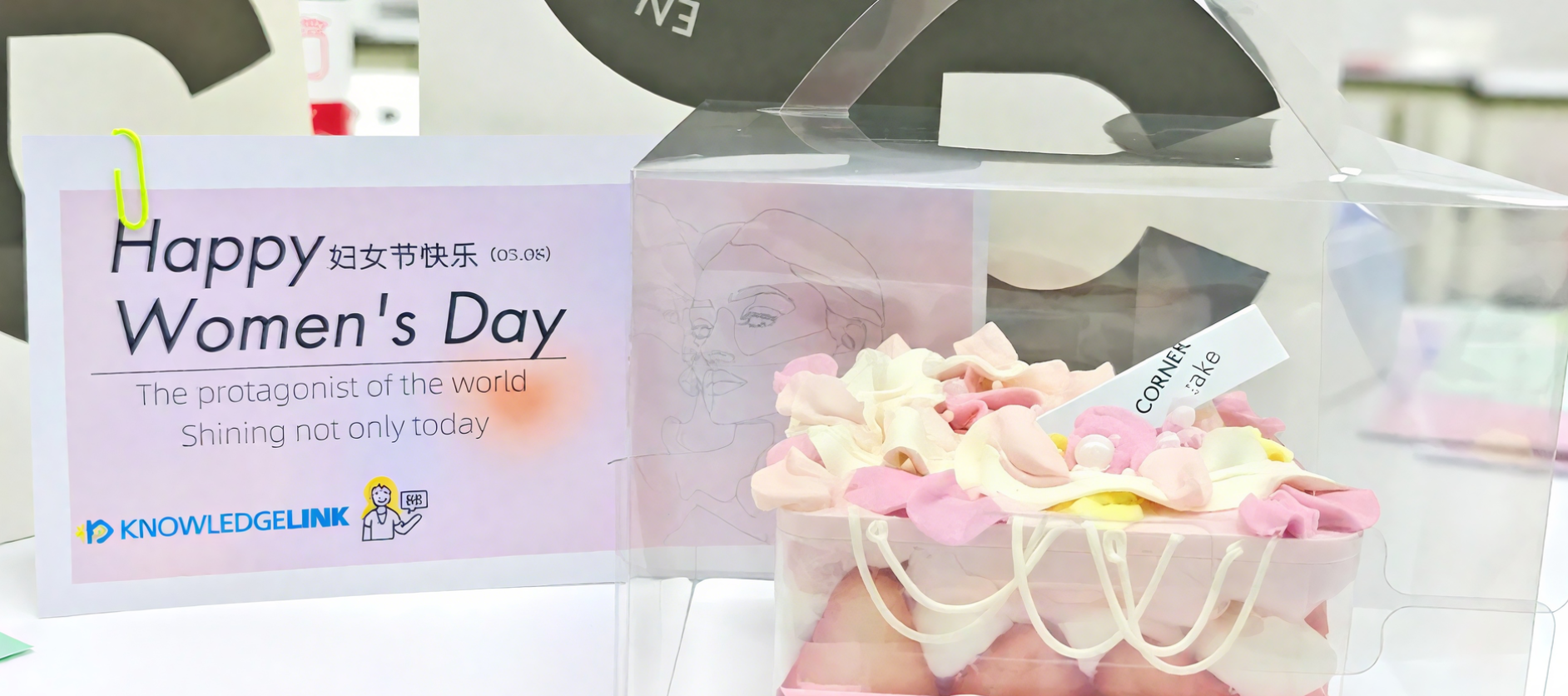
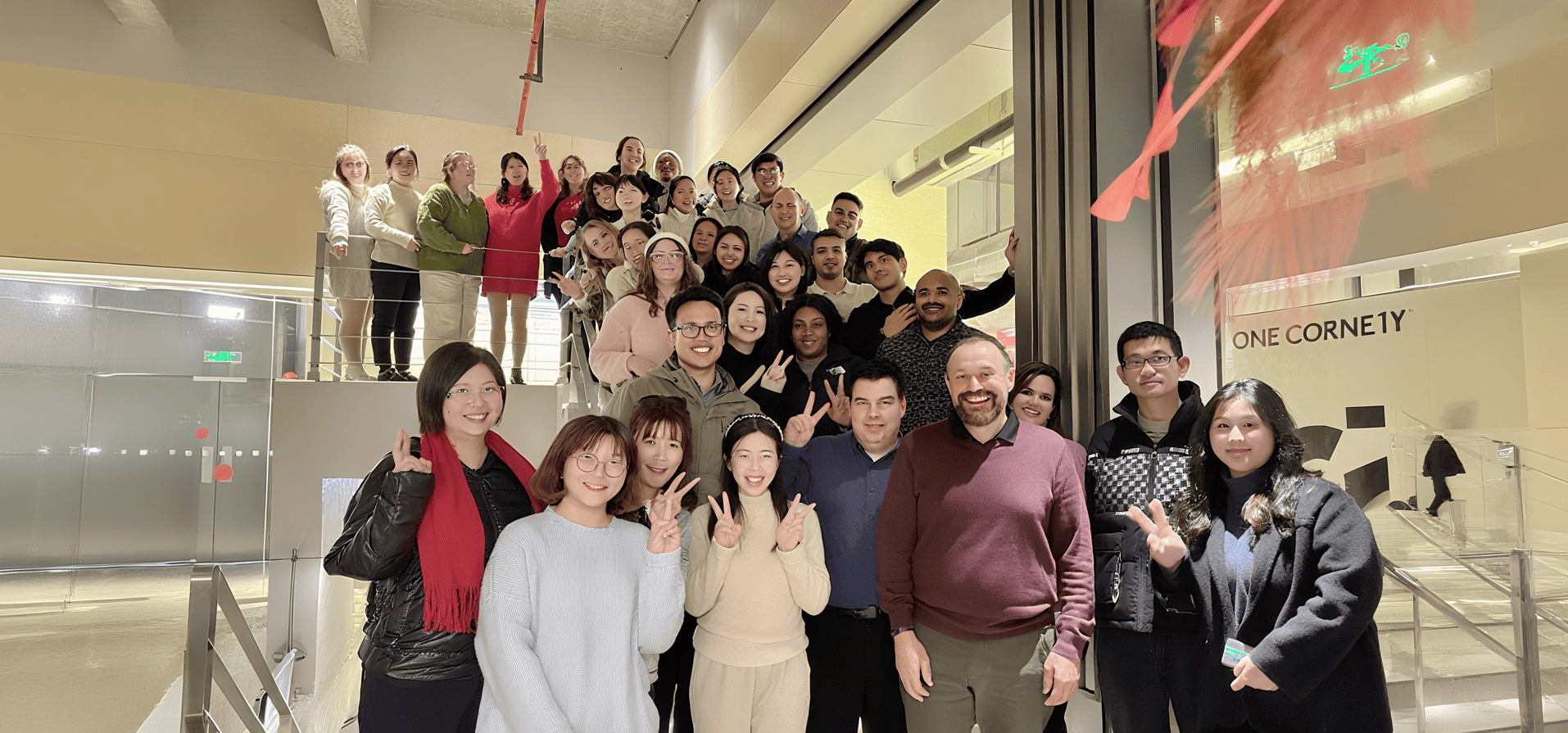
关于我们
了解更多
总部地址
101 Federal Street, Suite 1900,
Boston, MA 02110
1-781-996-0425
info@kleducation.org
订阅我们